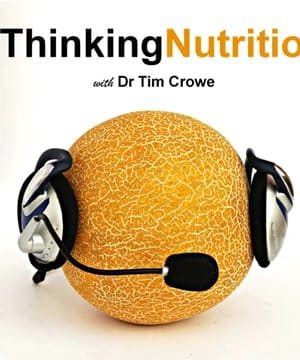Plant-based vs Animal-based
Sources:
The debate between plant-based and animal-based diets is multifaceted, involving nutritional, environmental, and health perspectives. Here are some key insights from experts:
Animal-Based Diet:
-
Nutritional Focus:
- coined the term "animal-based diet" to emphasize consuming whole animal foods like organs, meat, and bone broth while including specific plant foods that are less toxic. He argues that this diet mirrors the preferences of our ancestors and can provide optimal health benefits due to its high nutrient density 1.
- highlights that an animal-based diet is rich in protein and essential nutrients like those found in organ meats, which may not be as densely available in plant-based foods 2.
-
Evolutionary Considerations:
- Human brain size and capability expansion are linked to meat consumption. Fossil evidence supports that early human species prioritized hunting and meat for survival and growth 1.
Plant-Based Diet:
-
Health Benefits:
- argues that a well-balanced plant-based diet is associated with lower risks of chronic diseases such as heart disease, high cholesterol, and high blood pressure. He notes that long-living populations, like those studied in the Blue Zones, follow diets that are primarily plant-based, contributing to their longevity and lower disease rates 3 4.
-
Nutritional Adequacy:
- Plant-based diets can meet protein needs, but they sometimes lack certain nutrients (e.g., Vitamin B12, Vitamin D, calcium). Those with higher protein needs, such as athletes, might need to pay more attention to their diet to avoid deficiencies 5.
-
Protein Sources:
- Emerging research shows that plant-based proteins can be as effective as animal proteins for muscle strength and hypertrophy, particularly in novice trainees. A recent study compared the effects of soy protein shakes on a plant-based diet versus whey protein on an omnivorous diet, showing comparable muscle gains between the two groups 6 7.
-
Environmental and Ethical Factors:
- Shifting to a plant-based diet is also noted for environmental sustainability and ethical considerations related to animal welfare. However, the quality of plant-based foods matters; nutrient-dense choices like kale are preferable to processed options like sugar cookies, which could be less healthy than animal foods 7.
In conclusion, both diets have their proponents and benefits. An animal-based diet emphasizes nutrient density and ancestral dietary patterns, while a plant-based diet is lauded for its health benefits, sustainability, and potential for similar strength and muscle gains when properly managed. Each has its caveats and considerations for nutrient intake and personal health goals.
RELATED QUESTIONS-

